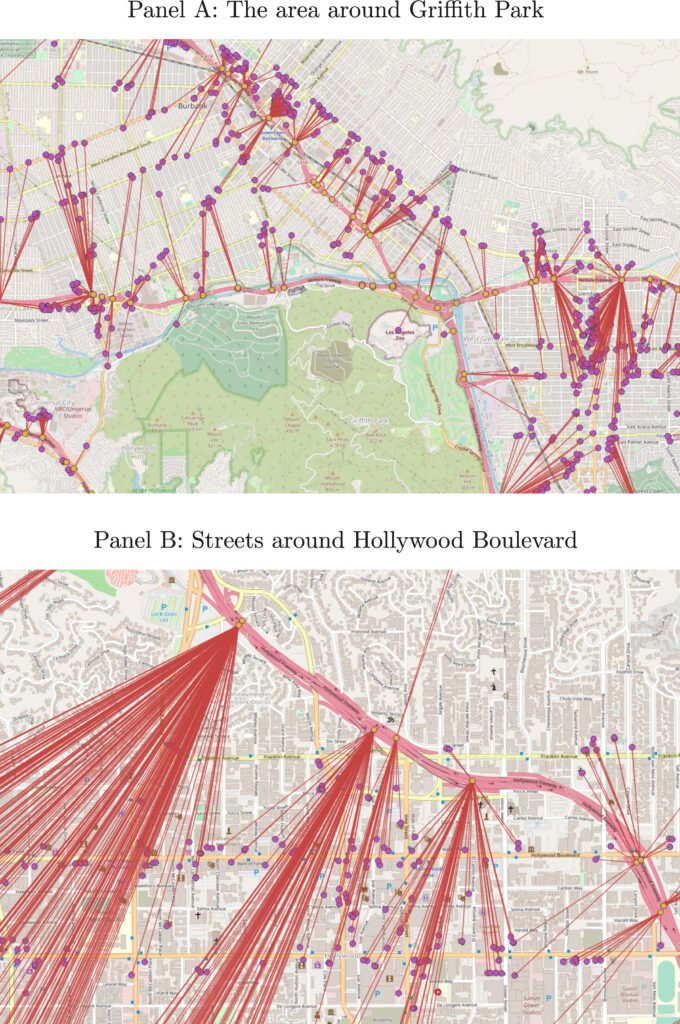Traffic delays and fast food consumption have long been linked, but a recent study conducted by the University of Illinois Urbana-Champaign sheds new light on the extent of this relationship. According to the research published in the Journal of Urban Economics, unexpected traffic delays have a significant impact on visits to fast food restaurants, leading to unhealthier eating habits for millions of people each year.
The study focused on Los Angeles County and found that even minor traffic delays beyond the usual congestion can result in a 1% increase in fast food visits. While this may seem like a small percentage, it translates to an additional 1.2 million fast food visits per year in LA County alone. The lead author of the study, Becca Taylor, emphasized that these results, while modest, have meaningful implications for influencing food choices towards healthier options.
The research team had access to daily highway traffic data over a two-year period in Los Angeles, as well as information on the number of cell phone users entering fast food restaurants during the same timeframe. By analyzing this data, the researchers established a causal link between unexpected traffic slowdowns and visits to fast food establishments.
The study revealed that traffic delays of just 30 seconds per mile were enough to increase fast food visits by 1%. This effect was observed across different time scales, including 24-hour cycles and hourly patterns throughout the day. Notably, the researchers found a higher incidence of fast food visits during evening rush hour traffic, while grocery store visits slightly declined during these periods.
According to Taylor, the decision to opt for fast food over cooking at home or grocery shopping is influenced by traffic conditions, especially during evening meal times. The researchers suggest that these findings are not exclusive to Los Angeles and can be extrapolated to other major cities with traffic congestion and fast food outlets along highways.
The study authors propose that policymakers prioritize infrastructure reforms to alleviate traffic congestion, as this could help combat unhealthy eating habits. Improving infrastructure, expanding public transportation options, and promoting remote work opportunities are potential strategies to address time constraints that contribute to unhealthy food choices.
In conclusion, the study highlights the importance of understanding the impact of traffic delays on food choices and the potential implications for public health. By addressing traffic congestion and promoting healthier eating habits, policymakers can work towards creating environments that support better dietary choices for individuals.


